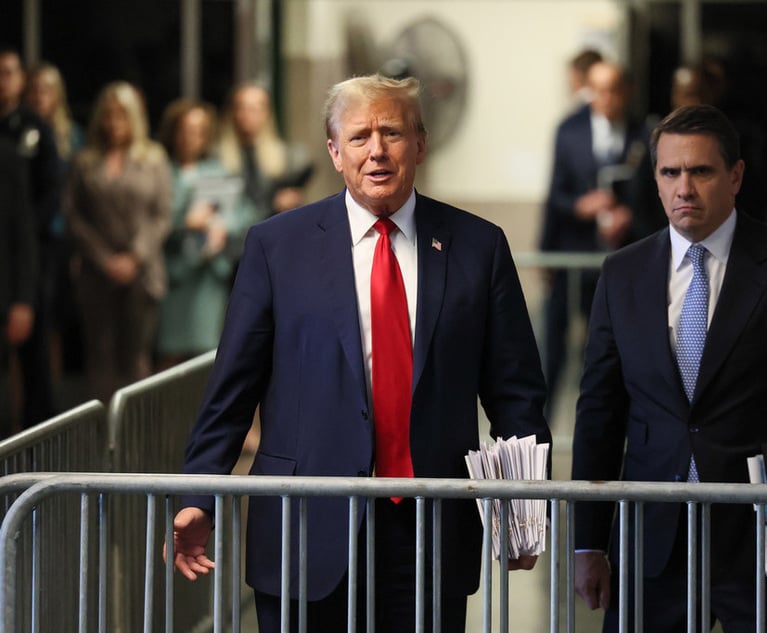Fortunes have been made and lost in cryptocurrency speculation. Nevertheless, cases are rare that involve the nascent legal issues involved in cryptocurrency litigation. One thorny issue in these cases is the admission of so-called “blockchain” evidence, a necessary part of proving a purchase or sale of cryptocurrency. A blockchain is a digital ledger in which each transaction is stored with others in a unit of data called a block and those blocks are securely linked to one another, forming a chain of records going back to the very beginning of the ledger. This article will address whether and under what circumstances blockchain evidence is admissible in a New York state court.
The Blockchain Protocols
The process of adding blocks to the ledger may be done through a variety of methods known as “consensus protocols”, by which the protocol determines whether a given block and the transactions in it are legitimate before it is added to the chain. Each block added to the chain digitally references the block immediately preceding it. Therefore, any attempt to alter or erase a transaction in a block already added to the chain would alter the character of every subsequent block and generate a ledger inconsistent with every other copy of the ledger that has been distributed across the network.


 Peter A. Crusco
Peter A. Crusco




